1. What is a greenhouse film?
The factors as climate, insects, temperature, light, … all affect greatly young plants. Tropical plants need their own climatic environment to be able to thrive in temperate regions. These are just two of the many reasons gardeners choose to use greenhouses. Greenhouses provide a controlled and sheltered home for plants to grow unobstructed. Greenhouse film insulation is an agricultural film used to shield plants inside a greenhouse from the influences of the outside world.
Traditional greenhouses use glass coatings to allow light to enter while avoiding cold winds, as well as to protect water vapor and moisture. Modern greenhouses can be constructed with greenhouse film to achieve the same effect. Greenhouse films are lighter, easier to replace, and more cost-effective than traditional glass coatings.
The greenhouse film is an industrially produced, thick sheet of composites. Available in opaque or transparent forms, greenhouse films can be clear or tinted with several colors. It is sold in long rolls and is usually available at garden material supply centers, agricultural supplies stores, or building vendors.
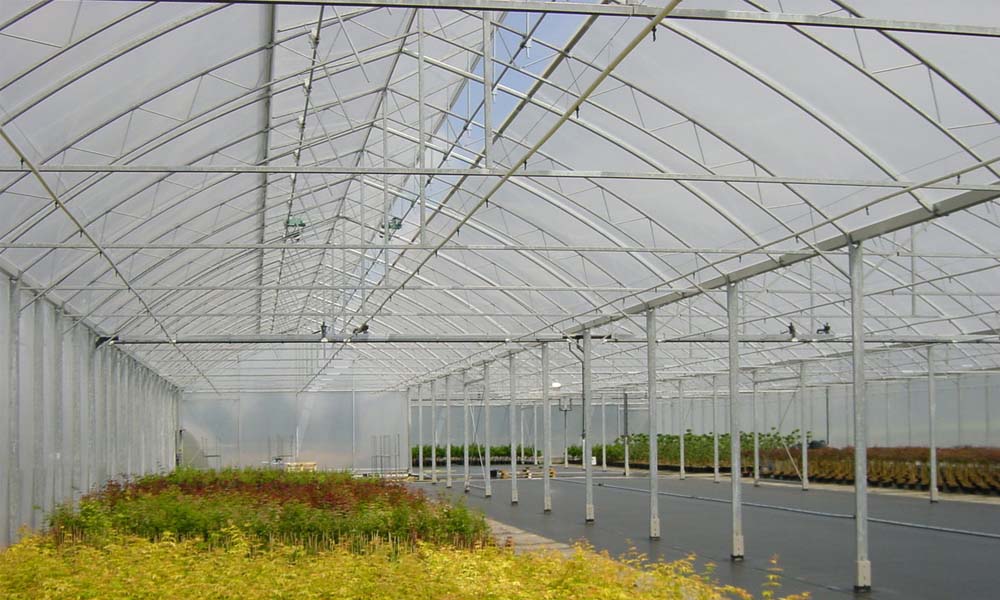
2. The best plastics for greenhouse films
Polyethylene
Polyethylene is an industrial standard raw material for the manufacture of greenhouse films. Polyethylene is cheap, easy to access, and easy to repair. For best performance, we recommend that you choose products that are clearly labeled as “agricultural films” or “greenhouse films” as they are much more durable than conventional polyethylene.
The downside to polyethylene is that it is very cheap, but you will likely have to repair or replace your polyethylene sheets several times over the course of two or three years. If you have a tight budget and you don’t mind doing extra work every time your greenhouse film is damaged, then polyethylene is your best option.
Polycarbonate
Polycarbonate is a much stiffer alternative and is also a bit more expensive than polyethylene. Most polycarbonate sheets are made of a synthetic texture. With this innovative structure, the polycarbonate sheet provides insulation, while at the same time it has high strength and great flexibility. If you can afford to cover your greenhouse with polycarbonate sheets, you will definitely love it.
Polyvinyl carbonate
Although very rarely used, polyvinyl carbonate (PVC) is also a viable option for greenhouse films. It is extremely durable – can last for more than 5 years and does little damage – but is also much more expensive than the previous two plastics. It is usually short in length and will be difficult to assemble if you put it in a large greenhouse.
3. Greenhouse films features
Long service life
The service life of films depends on the quality and technical properties of the film and the conditions of use (area, type of greenhouse, installation, use of agrochemicals).
Our range of greenhouse films includes products with a lifespan of up to 5 years, a special combination of UV stabilizers, and antioxidants that help protect them from UV damage and heat energy for a very long time.
Superior strength
Greenhouse films have high mechanical strength because of the use of special high-strength polymers. These films are safe in areas with very strong winds.
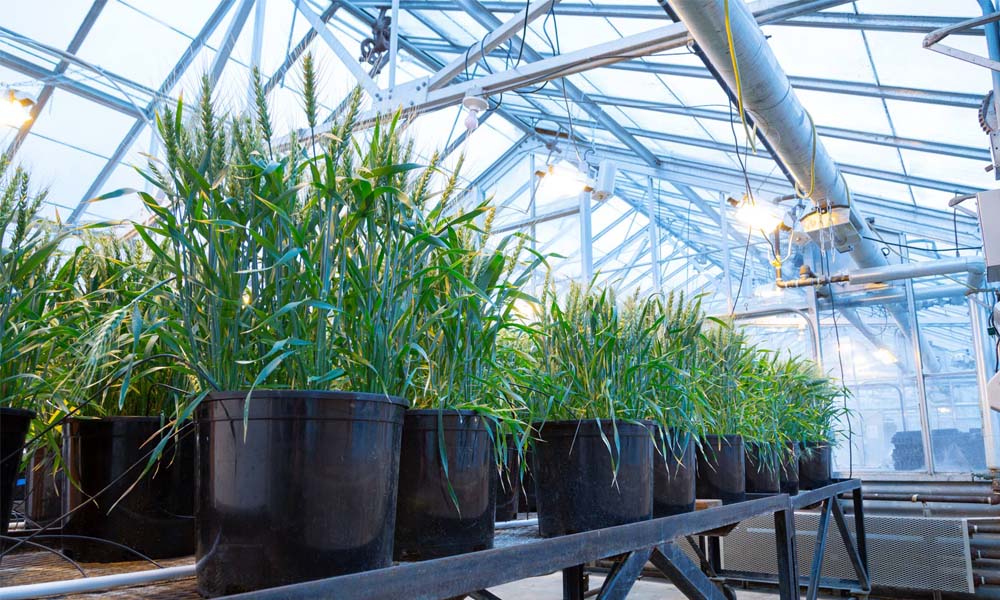
Light transmission
The high light transmittance of the greenhouse film is absolutely essential for plant growth. In addition, for areas with severe dust or carbon particles problems from industrial pollution in the air, we add dust-proof properties to greenhouse films.
Light diffusion
Light from the sun passing through a greenhouse film and entering a greenhouse is split into direct and diffused. Light diffusion causes a film to look hazy to the human eye-this doesn’t mean, however, that the film is less transparent.
It is now generally accepted that diffused light has a positive effect on plant growth, especially for spring and summer crops and in areas with strong sunlight.
Light diffusion reduces shadows, ensures a more uniform distribution of light in the greenhouse so that it reaches even the lower parts of the plants, prevents burnings, and offers a moderate cooling effect.
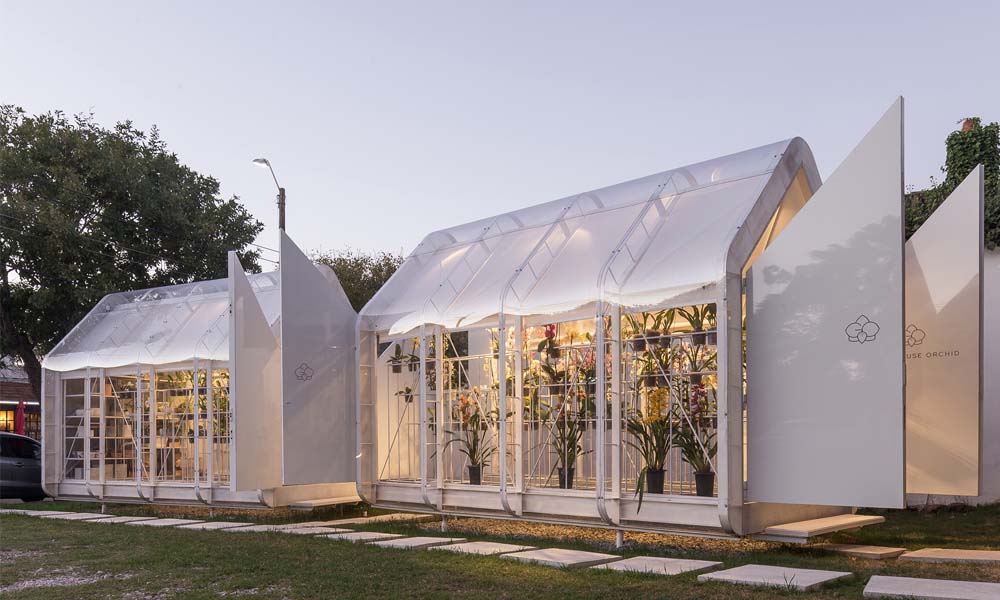
The thermic effect (IR)
The special thermic agricultural films that we offered, contain Infra-Red additives skilfully which absorb the Infra-Red radiation and reduce heat losses during the night, which ensure a smoother fall of temperature during the night and result in higher night temperatures by 2-4°C relative to common films.
Therefore, it helps plants avoid frost, higher nighttime temperatures, reduced energy consumption for heating, higher crop yields, earlier harvest, and better crop quality.
Anti-drip effect
Droplets formed at the inside surface of greenhouse films due to water condensation have negative consequences on plant quality and growth, as they reduce light transmission by 15-30% and increase the incidence of certain diseases.
Anti-dripping films, when used properly, offer the following benefits:
- More light in the greenhouse
- Higher crop yield
- Earlier harvesting
- Better quality of the crop, higher commercial value
- Fewer diseases
- Reduced need for pesticides
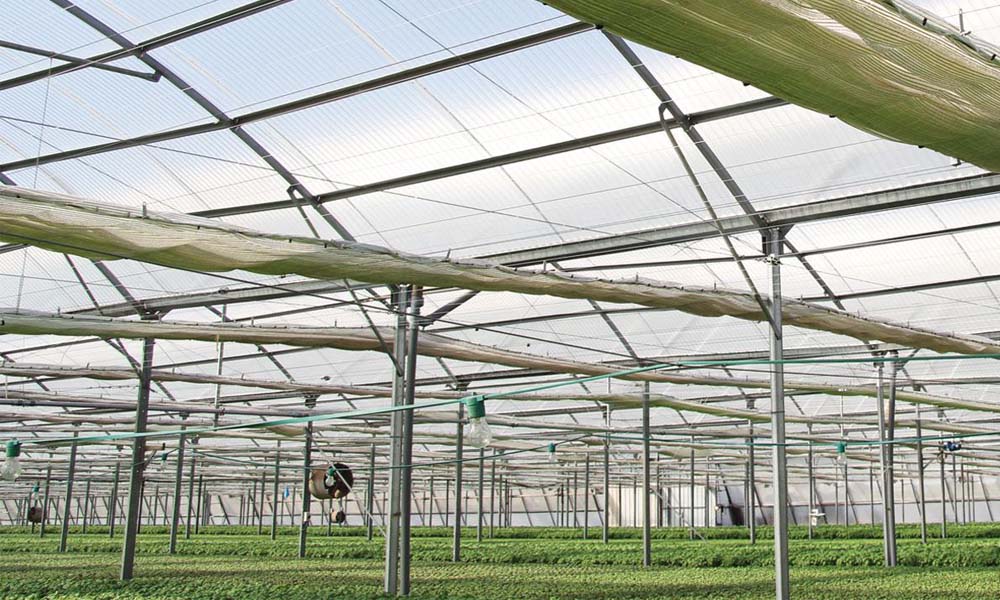
Anti-mist effect
The Anti -Mist additive is used with Anti Drip cover films to minimize the occurrence of fog inside the greenhouse. This enables maximal transmittance of light radiation in the early morning hours; contributes significantly to reducing heating costs; reduces contamination caused by landscape diseases; improves the passage of light, and also reduces leaf diseases.
Anti-dust effect
We can include a dust-reducing additive to the top layer of our cover films. In this manner, the upper layer of the cover film is especially smooth and this significantly reduces the accumulation of dust.
Read more: ISO 9001: 2015 certification
Disease control effect
An important type of disease and insects control films is “UV-blocking” films, which absorb UV-radiation up to 380 nm, thus achieving:
Features and Benefits:
- Reduction of the population of whiteflies, thrips, miners, aphids, and other insects in greenhouses, thereby also reducing the viruses which are vectored by these insects.
- Control of the spread of certain diseases (such as botrytis), by reducing the sporulation of the relevant pathogenic fungi.
- Reduction of “blackening” of red rose petals, thereby increasing their commercial value.
Cooling effect
In many areas of the world, there is a growing requirement for films that cut down excessive heat during the daytime and maintain a cooler environment in the greenhouse. Particularly in the “tropics”, in areas with strong sunlight and hot weather as well as in nurseries and for shadow-loving ornamental plants, the “cooling effect” is becoming more and more a requirement.
The algae-proof effect
In some of the world’s most rainy regions, the air is humid and many algae begin to appear on the surface of the agricultural film. Algae can easily cause a drop in the light transmittance of the film and affect the yield of crops in the greenhouse. To solve this problem, we added special additives on the surface of the film to prevent the growth of bacteria on the surface of the film and thus inhibit the production of algae.
4. Why choose us?

Bao Ma Production & Trading Co Ltd is complying with the ISO 9001-2015 which ensures the quality control system and the ability to produce different materials and sizes of poly bags and rolls, including:
- Packing products for agricultural, aquatic, food consumption, industrial purposes.
- Zip-lock bag, shopping bag, garbage bag, plastic carriers.
- Plastic sheeting
- Perforated plastic roll
- Poly roll of 2m – 4m measurement for the use of lining prawn-raising ponds, for construction sites and sewage system usage, and as cover sheets for agricultural and industrial purposes.
- Printing services on packages of up to 6 colors with customization
- Trading various plastic raw materials such as PP, HDPE, LDPE, LLDPE…
So, please contact us via hotline: (028) 37540 999 – 096 314 5959 and let us be honored to serve you in the best way possible.
BAO MA PRODUCTION & TRADING COMPANY LIMITED
Address: No. 21 Tan Tao Industrial Park, Road No. 3, Tan Tao A Ward, Binh Tan District, HCMC
Tel: (028) 37540 999 – 096 314 5959
Email: info@poma.com.vn
Website: www.poma.com.vn

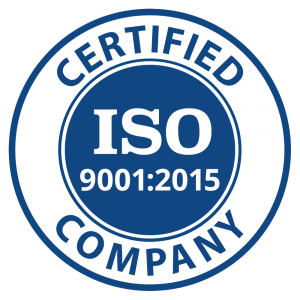

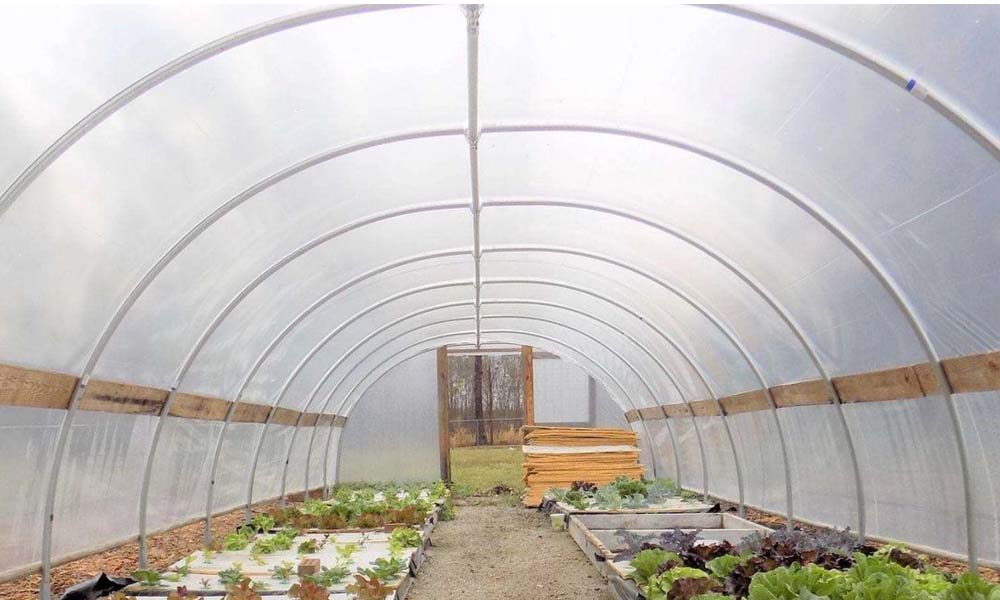

 Tiếng Việt
Tiếng Việt